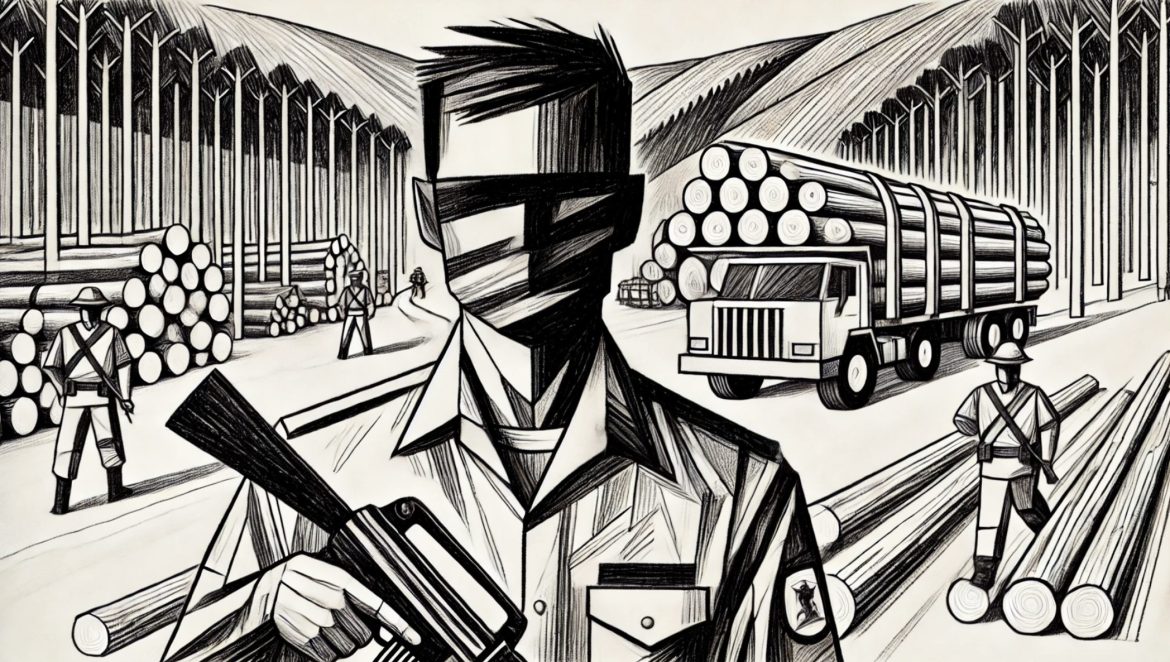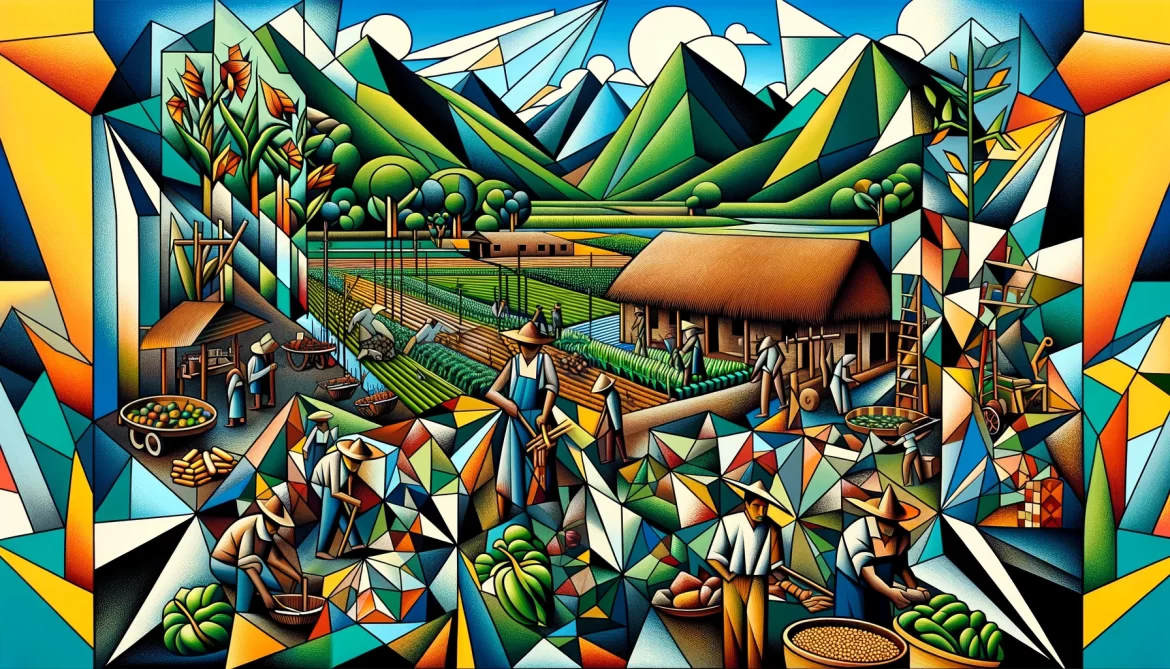Ecological Economics invites contributions for a special issue on Bits and Biomes—Understanding the Materiality of Digital Technologies in Green Capitalist Projects; guest edited by Miriam Boyer (Humboldt-Universität zu Berlin), Sarah Hackfort (Humboldt-Universität zu Berlin) and Carlos A. López-Morales (El Colegio de México).
Topic
The special issue (SI) spotlights digital technologies as mediators between society and nature in green economies. Digital technologies are computer-driven systems encompassing software, ancillary devices, and information/communication networks. They are exemplified by platform innovations in agriculture, simulations for water management, or modeling in plant and animal breeding. In green interventions, digital technologies might enable and shape economic activities, ranging from the massive collection and processing of ecosystem data through the Internet of Things to information-based precision techniques to speed up biomass production. Digital tech can also shape environmental outcomes, including primary commodity extraction in farming and forestry, using artificial intelligence in conservation, or restructuring of ecosystems related to monitoring and marketing of soil carbon. Moreover, digital technologies are redefining the contours of environmental politics where techno- optimist visions and policies dominate but are also increasingly contested.
The specific aim of the SI is to understand the structuring effects of digital tech on green economies by making explicit the material aspects of digital technologies therein. This materiality refers to physical aspects of the technologies themselves (e.g., microelectronics-based automation; feedback processes based on sensors); spatial dimensions of production, distribution, and regulation based on digital technologies such as spatial boundedness, scalar distribution, and size; temporal dimensions such as communication speed, length of productive cycles or path dependencies; and the material inputs and outputs of production based on digital technologies (materials, water, energy). Insisting on these aspects rests on the observation that the material basis of digital technologies remains largely understudied in the social sciences, not least because digital tech is often made invisible by portraying bits, energy, and the micro-scale as ‘virtual’ or ‘immaterial.’ By contrast, the SI seeks to highlight this material basis as a structuring aspect of green economic projects that affects not only production and market valorization but also power relations and property rights, the actors and the movements that challenge such projects, as well as the environmental outcomes they generate.
We welcome original research articles and commentaries from various fields, including ecological economics, industrial ecology, human geography, political economy, political ecology, or the history of science and technology. Contributions may include but are not limited to the following:
1. Empirical and historical studies on material aspects of digital technologies in enabling ‘green’
economic activities in areas such as agriculture, forestry, market-based conservation, primary
resource extraction, finance, etc.;
2. Analyses of the connection between digital technologies and environmental outcomes, including, environmental monitoring, access to information, the strategies of environmental social movements, and the implications of these factors for participation and ecological justice, among others;
3. Conceptual or methodological innovations for understanding the material aspects of (digital) technologies within social science disciplines in general and ecological economics in particular;
4. Studies addressing how material aspects of (digital) technologies structure the wider political economy (e.g. inequalities, ecologically unequal exchange, work/labor conditions, power and resource grabs, property rights, access to resources and information, corporate power).
Timeline
The special issue is open for submission starting from 30 th September 2024. The deadline for submissions is 31 st May 2025. Submissions must be made through the journal’s online submission platform, Editorial Manager: https://www.editorialmanager.com/ecolec/default1.aspx. We aim to publish accepted papers by 1 st December 2025
Preparing contributions
Contributions to the special issue may be Analysis, Survey, or Commentary as described in the Guide for Authors (https://www.elsevier.com/journals/ecological-economics/0921-8009/guide-for-authors). When submitting your contribution, select “VSI: ‘Bits and Biomes—Understanding the Materiality of Digital Technologies in Green Capitalist Projects’ as the article type. All contributions to a special issue must be prepared according to the journal’s Guide for Authors.
Review process
All contributions will go through the normal peer-review process and are expected to at least meet, if not exceed, the usual quality standards of articles published in Ecological Economics. This includes the possibility that a given contribution will not be published if it is found to be not suitable.
Publication format
Special issues are published as virtual special issues. Each paper is published as soon as the proof is corrected in the next available regular issue, with an imprint indicating that it is part of a special issue. Simultaneously all special-issue articles are gathered together in an online-only grouping for the special issue itself. On ScienceDirect, the special issue is set up under the heading Article Collections and filled with special-issue articles one by one as they are published. The special issue becomes visible to end-users once the first article is linked to the special issue, rather than waiting for all papers to be finalized before they can be compiled. Examples of previously published special issues can be found at https://www.sciencedirect.com/journal/ecological-economics/special-issues.
Contact
For questions, contact any of the Guest Editors:
Miriam Boyer, miriam.boyer@hu-berlin.de
Carlos A. López-Morales, calopez@colmex.mx









